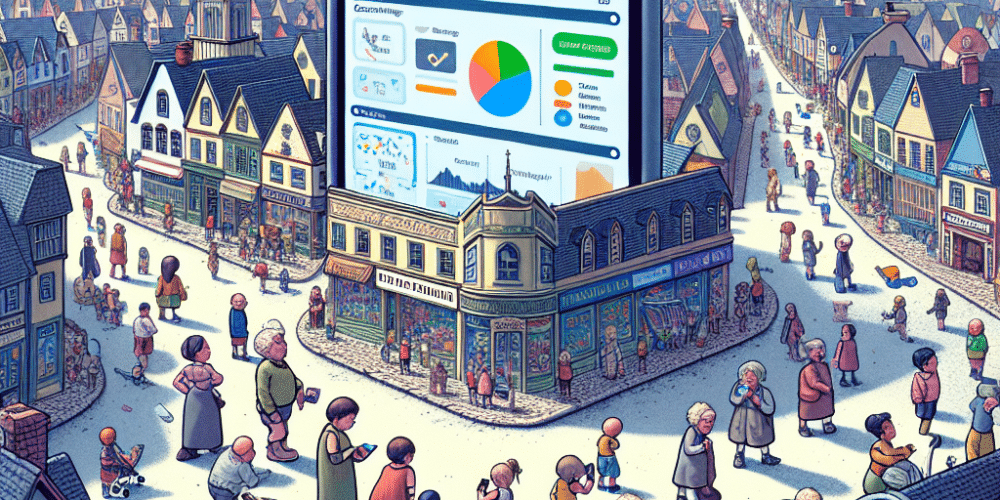In the latest episode of “South Park,” now in its 27th season, the animated series takes a satirical jab at prediction market apps, a growing trend in the world of speculative betting. This particular episode, which aired this week, centers on the students of South Park Elementary engaging with various prediction apps to place bets on a wide array of outcomes.
The episode humorously depicts Stan, one of the main characters, expressing the newfound ability for anyone to bet on virtually anything, with others being able to accept these bets on the prediction apps. Another character, Kyle, struggles to remove what he views as an offensive prediction, only to be continuously redirected by different agencies, highlighting the sometimes convoluted and frustrating nature of these platforms.
Two specific prediction market apps, Kalshi and Polymarket, are mentioned in the show. The episode’s airing led to a significant spike in Google searches for both apps, indicating the influence and reach of “South Park” in popular culture. Interestingly, Kalshi even featured a bet on whether the word “gambling” would be mentioned in the episode itself, illustrating the pervasive and sometimes meta nature of these prediction markets.
These prediction apps function by allowing users to speculate on the outcomes of various events, effectively turning predictions into exchange-traded markets. This concept has been gaining traction, particularly with the kickoff of the NFL season, attracting a wide range of users interested in sports-related predictions. As participants flock to these apps, they find themselves betting on outcomes as diverse as the 2026 Super Bowl winner or the specific comments sports announcers might make during a game.
However, while the creators of these apps assert that their offerings fall outside the scope of traditional gambling regulations, regulatory bodies in states such as New Jersey and Massachusetts have raised concerns. These watchdogs argue that prediction markets closely resemble gambling, given their speculative nature and potential for financial loss.
The episode also explores the broader implications of prediction markets, where the freedom to bet on almost any conceivable outcome can lead to both imaginative and outlandish speculations. Beyond sports, some users have made long-term predictions, such as outcomes of the 2028 presidential elections or even the number of posts Elon Musk might make on X during a specific week in September. This expansive range of possibilities underscores the creativity and unpredictability inherent in these markets.
While prediction market apps continue to captivate users with their novelty and potential for profit, they also face criticism and scrutiny. Detractors argue that these platforms could encourage reckless betting behavior, especially among younger users who may not fully understand the financial risks involved. Moreover, the lack of clear regulatory oversight could lead to exploitation or ethical concerns, with some fearing that these markets might manipulate real-world events for profit.
Despite these concerns, the allure of prediction markets remains strong. Advocates argue that these platforms offer a form of crowdsourced intelligence, where the collective insights and opinions of numerous users can provide valuable data on potential outcomes. This aspect of prediction markets has led some to view them as a tool for gauging public sentiment and forecasting future trends.
Yet, others caution against over-reliance on prediction markets, pointing out that the inherent volatility and speculative nature of these platforms make them unreliable for serious forecasting. As “South Park” highlights, while the concept of betting on anything might be amusing in a fictional context, the real-world implications and challenges of prediction markets require careful consideration.
In conclusion, as prediction market apps continue to gain prominence, they navigate a complex landscape of innovation, regulation, and ethical considerations. The latest “South Park” episode serves as both a humorous reflection and a critical commentary on this evolving trend, inviting viewers to ponder the potential and pitfalls of a world where everything can be bet upon. As these platforms evolve, the debate surrounding their place in the market and society is likely to intensify, challenging stakeholders to find a balance between innovation and responsibility.

















